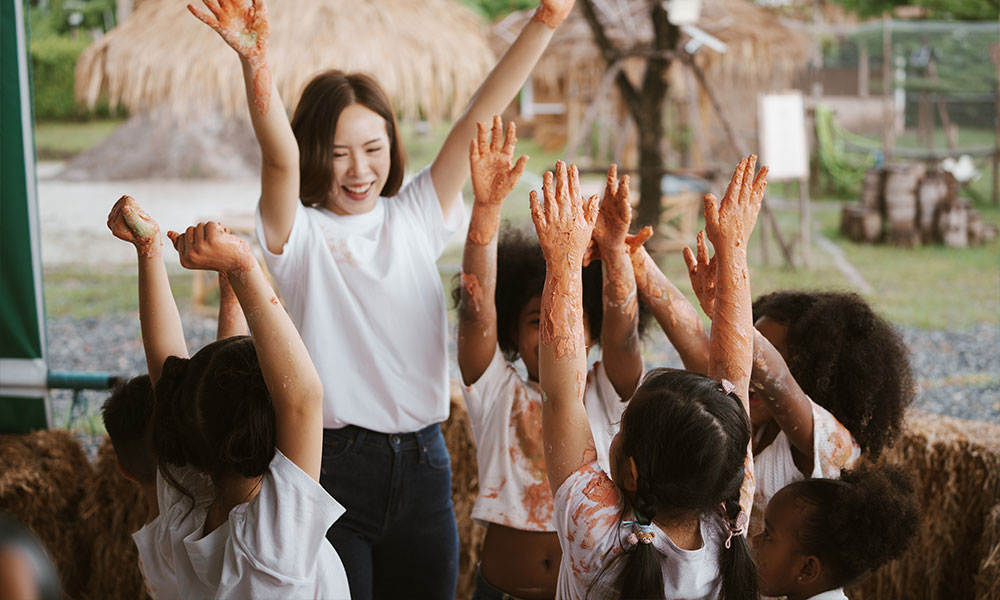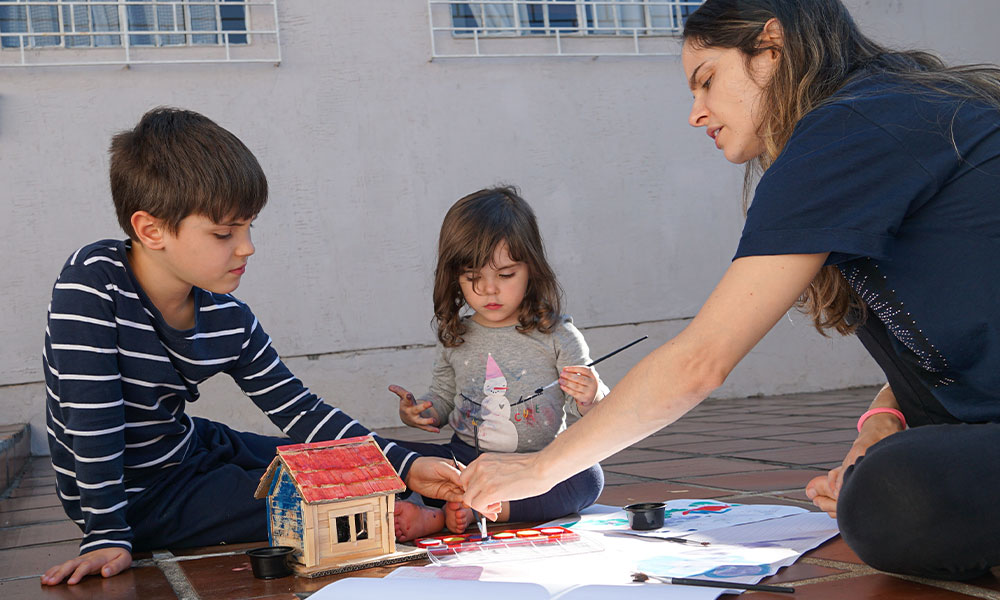The Lifelong Impact of Court Appointed Special Advocates on Children's Lives

In a world where millions of children are navigating the complex and often tumultuous waters of the foster care system, the presence of a caring, consistent adult can make all the difference. Enter the Court Appointed Special Advocates, better known as CASA volunteers. These dedicated individuals play a critical role in shaping the futures of children in foster care, providing a voice and a stable presence in a system that can be overwhelming and impersonal.
Understanding CASA
The CASA program was established in 1977 by Seattle Superior Court Judge David Soukup. He recognized the need for children in the foster care system to have a dedicated advocate to represent their best interests in court. Today, there are nearly 1,000 CASA programs across the United States, with more than 88,000 volunteers advocating for children.
CASA volunteers are appointed by judges to watch over and advocate for abused and neglected children, ensuring they don’t get lost in the overburdened legal and social service system. They stay with each case until it is closed and the child is placed in a safe, permanent home. For many children, their CASA volunteer is the one constant adult presence in their lives during this time.

The Role of a CASA Volunteer
CASA volunteers are tasked with a number of critical responsibilities, all centered on advocating for the child’s best interests:
- Gathering Information: Volunteers spend time getting to know the child and investigating the circumstances of the case. This includes talking to the child, their family members, foster parents, teachers, doctors, and others involved in the child’s life. They also review school records, medical records, and caseworker reports.
- Reporting to the Court: CASA volunteers provide written reports to the judge, detailing their findings and recommendations for the child’s placement and services. Their insights help the judge make more informed decisions about the child’s future.
- Advocating for Services: CASA volunteers work to ensure the child receives the necessary services and support, whether it’s therapy, educational assistance, medical care, or other services. They follow up to make sure these services are being provided and are effective.
- Monitoring the Case: CASA volunteers monitor the child’s situation to ensure they remain safe and their needs are being met. They check in regularly with all parties involved and alert the court to any changes or concerns.
The Lifelong Impact of CASA Volunteers
The presence of a CASA volunteer can have profound and lasting effects on a child’s life. Here are some of the ways in which they make a difference:
- Stability and Continuity: For children who often experience multiple placements and a revolving door of caseworkers, a CASA volunteer can be a stable, consistent presence. This stability is crucial for the child’s emotional and psychological well-being.
- Personalized Attention: CASA volunteers are often able to devote more time and attention to a child’s case than overburdened caseworkers. This personalized attention means the child’s unique needs and circumstances are more likely to be understood and addressed.
- Improved Outcomes: Studies have shown that children with CASA volunteers are more likely to find safe, permanent homes and are less likely to re-enter the foster care system. They also tend to perform better academically and have fewer behavioral problems.
- A Trusted Advocate: CASA volunteers often become trusted confidants and mentors to the children they serve. This relationship can provide the child with a sense of belonging and support, helping them to build self-esteem and resilience.

The Ripple Effect
The impact of CASA volunteers extends beyond the individual child to the community at large. By helping to stabilize the lives of children in foster care, CASA volunteers contribute to the creation of healthier, more resilient communities. Children who grow up in stable, supportive environments are more likely to become productive, contributing members of society.
Moreover, the work of CASA volunteers helps to alleviate some of the pressures on the foster care system and the courts. Their thorough, well-informed reports provide judges with the information needed to make better decisions more efficiently, ultimately benefiting everyone involved.
Becoming a CASA Volunteer
Becoming a CASA volunteer is both a commitment and a privilege. Volunteers must complete a thorough training program, which includes education on the foster care system, child development, trauma, and the legal process. They must also pass a background check and commit to serving for at least one year, although many volunteers serve much longer.
For those who choose to become CASA volunteers, the rewards are immeasurable. While the work can be challenging and emotionally demanding, it is also incredibly fulfilling. Volunteers often speak of the profound satisfaction they feel from making a tangible difference in a child’s life.

Conclusion
In the often-overwhelming world of foster care, CASA volunteers stand as beacons of hope and stability. Their dedication, compassion, and advocacy play a crucial role in shaping the futures of some of the most vulnerable children in our society. By providing a consistent, caring presence and a voice in the courtroom, CASA volunteers help to ensure that every child can look forward to a future filled with possibility and promise.
If you’re looking for a way to make a meaningful, lasting impact, consider becoming a CASA volunteer. Your time and dedication could change the course of a child’s life—and, in turn, the future of our communities.
Please consider donating your Car, Truck, SUV, Van, RV, or Boat to one of our Charities.
NOTE: Our Blogs have been fact-checked; however, we cannot guarantee 100% accuracy. If you find any incorrect information, please let us know in the comments and we will remove or edit inaccurate content. Thank you!




